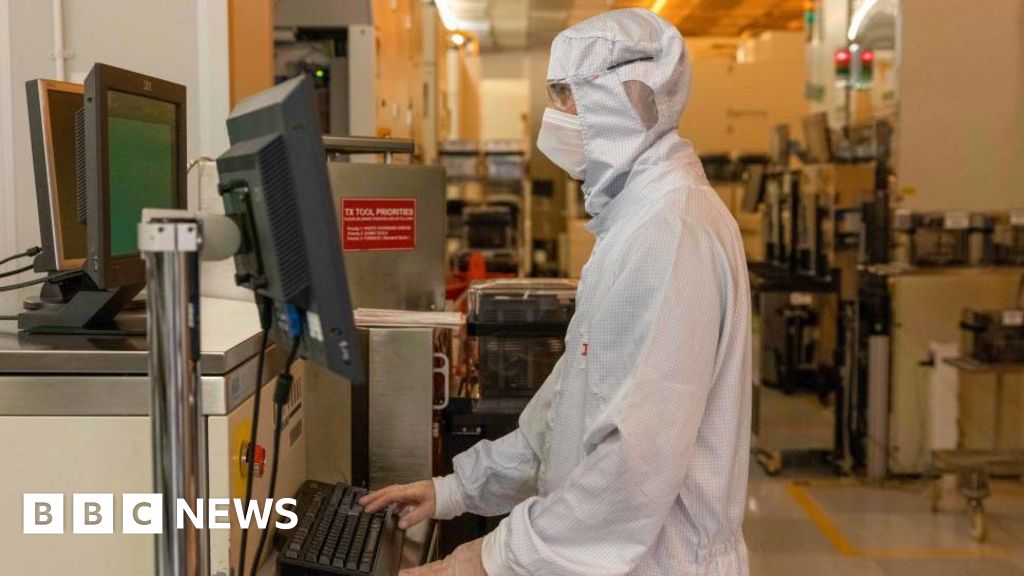The Albanese government has dramatically rewritten its major tax policy, caving in to criticism on its controversial superannuation tax plan by raising thresholds and slashing the amount of money it will rake in.
After a long period of sustained attack from politicians and lobby groups, the government has conceded defeat on all major criticisms, with the treasurer, Jim Chalmers, saying the policy rewrites would “better target superannuation concessions”.
Chalmers also unveiled a new sweetener, a new tax offset for low-income earners to boost their super earnings.
What has changed with superannuation?
In the original plan outlined in February 2023, the Labor government proposed to add another 15% in tax to superannuation balances over $3m, taking that total concessional tax rate to 30%.
The balance was not intended to be indexed, a major criticism from opponents.
Under the changes outlined by Chalmers on Monday, the government will index the balance to the CPI measure of inflation.
It will also add a new threshold, taxing balances of between $3m and $10m at 30%, and balances over $10m at 40%.
The changes will also be delayed by a year from their intended start date, now coming into force in July 2026.
Are unrealised gains still being taxed?
Another major criticism was that the original proposal would have calculated tax on unrealised gains – that is, earnings made “on paper” inside an account, but which had not yet been cashed out.
Sign up: AU Breaking News email
Critics were concerned that assets held inside super accounts, including homes or farms not intended to be sold for some time, could increase in value and leave their owners liable for a tax bill; the shadow treasurer, Ted O’Brien, called this “theoretical profits”.
Treasury said the “revised methodology” will now apply to realised earnings, based on taxable income.
“These are sensible changes which take more than two years of feedback into account,” Chalmers said.
“We have worked through the issues and we found another way to deliver on the same objectives.”
Do lower income Australians experience any of the benefit?
While the focus was on the upper end, Chalmers also announced an unexpected change to super rules for the lowest earners.
From 2027, the low income superannuation tax offset (Listo) will be increased from $500 to $810, and its eligibility threshold raised from $37,000 to $45,000.
This increased offset could mean an extra $15,000 in the super balances of lower paid earners by the end of their working lives.
Chalmers said the change would “help deliver a more secure retirement for 1.3 million Australians, of which around 60% are women”.
Up to 3.1 million Australians will now be eligible for the Listo.
Are more people affected by this new plan, and by how much?
The government says the changes at the top end of balances will still affect around the same number of people, about 0.5% of taxpayers.
The original proposal was expected to raise $2.7bn in its first full year. The revised plan will instead raise $1.6bn in its first year.
Chalmers said the net impact on the budget over the next four years would be about $4.2bn, with a major part due to its one-year delay.
Is there bipartisan support for the new plan?
The original plan did not muster enough support to pass in the previous parliament.
Both the Coalition and Greens have held their cards close to their chest about this plan, waiting for more details.
However, O’Brien did call the government’s backdown “a victory for the Coalition of commonsense”, and the changes “a full knock-down rebuild of an utterly failed policy.”
The Greens were open to the Listo changes and the indexation, but wanted to see the threshold amounts lowered – not lifted.
Why are these super changes being announced now?
Labor had unveiled the super tax plan in February 2023, and stood by it for two-and-a-half years despite mounting criticism. As late as Friday, Anthony Albanese had downplayed the prospect of imminent changes to the policy; but Chalmers said the changes had been approved by the Albanese cabinet’s expenditure review committee on Friday.
Albanese is out of the country on a week of leave. He will return to work on Sunday, immediately flying to Washington DC to meet the US president, Donald Trump.
Asked why now, Chalmers said the government had “taken our time to work through the issues”.
“We didn’t react quickly to every editorial or every criticism from every quarter,” he said.
“When it comes to the feedback that we’ve had for more than two years now, the objective there has been to separate the genuine feedback from the usual kind of predictable, partisan feedback that you get from time to time.”
What does this mean for future policy?
While there are the immediate impacts on the budget, some commentators have looked more broadly to what this change might say about the government’s appetite for change.
Economist Chris Richardson, a longstanding commentator on the budget, said the broader story was about the ability of governments to hold their nerve and make big changes. On X, he wrote that “today’s timidity worries me”.
“The true implication of today’s announcements is that it is getting harder and harder to change Australia.
“A government with (1) a clear mandate for a tax that it announced a few years ago, with (2) a stunning majority, and with (3) an imploding opposition just blinked.”
Asked about the government’s willingness to pursue difficult reform, Chalmers rejected such criticism.
“This is difficult tax reform. This is about making the superannuation tax concessions more sustainable, and that’s never easy. So I don’t accept the characterisation that any of this is simple or easy or uncontested,” he said.
“This one has been difficult. It’s been contentious, as you all know.”
.png)
 17 hours ago
11
17 hours ago
11








 English (US) ·
English (US) ·